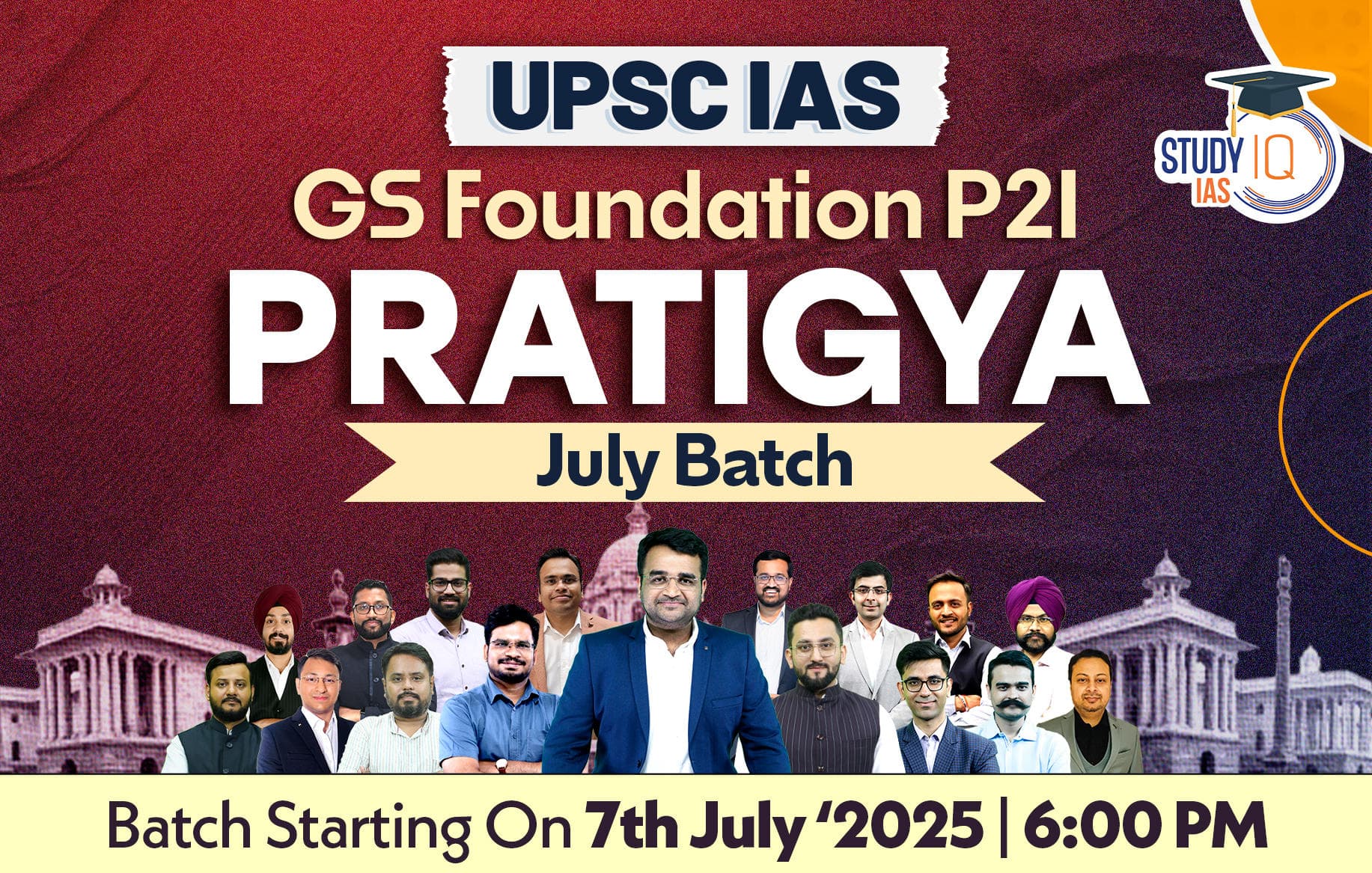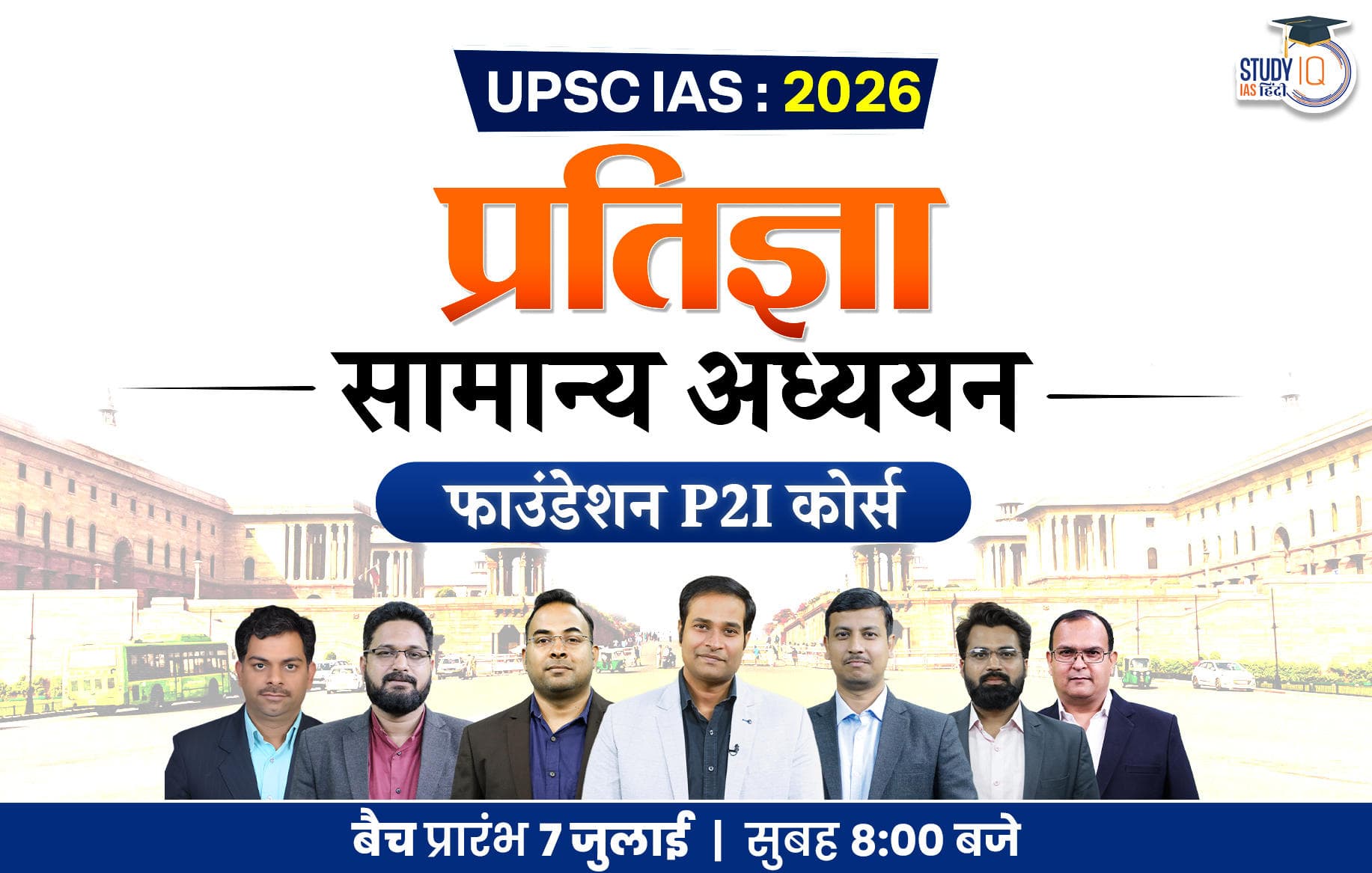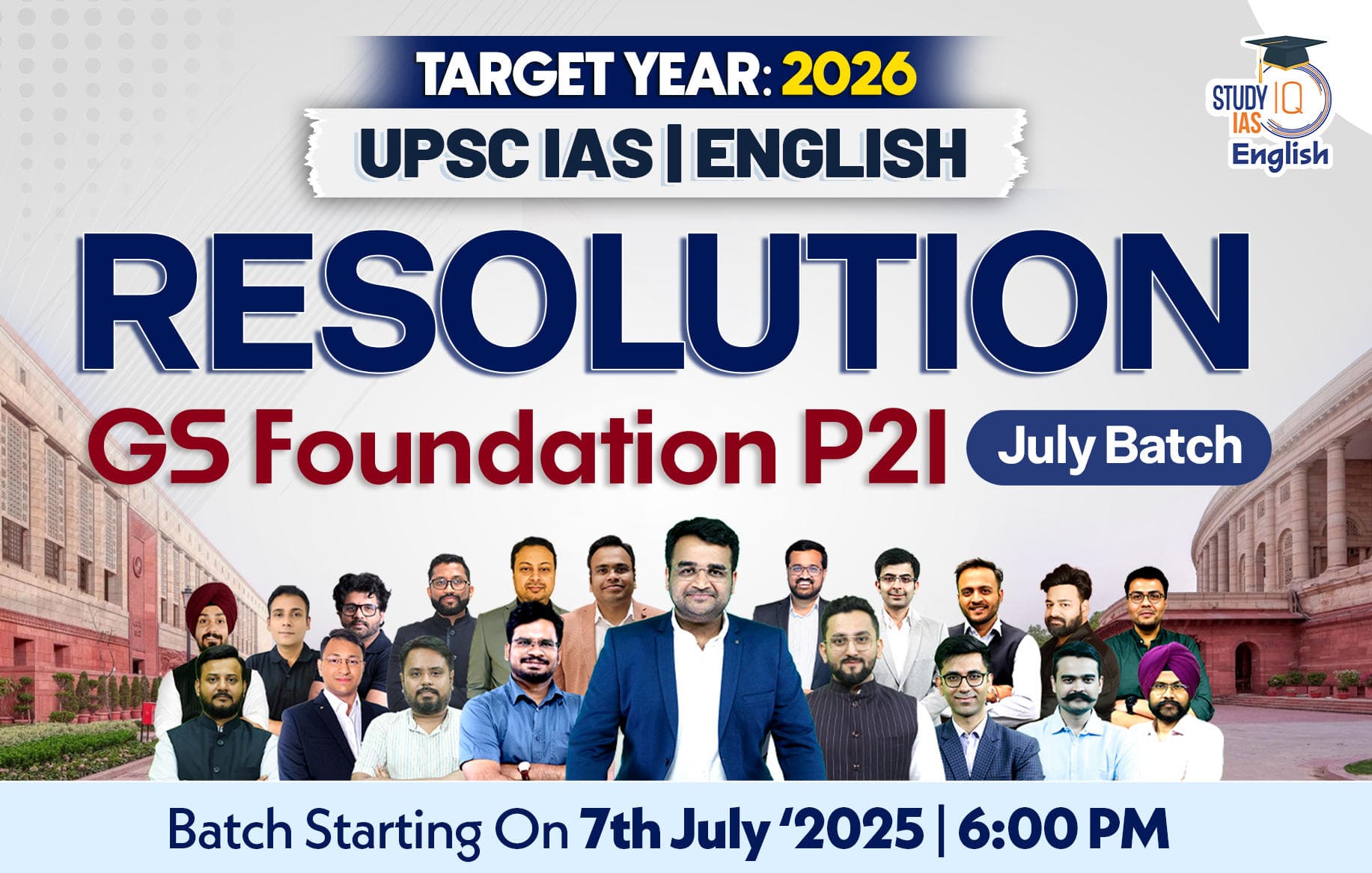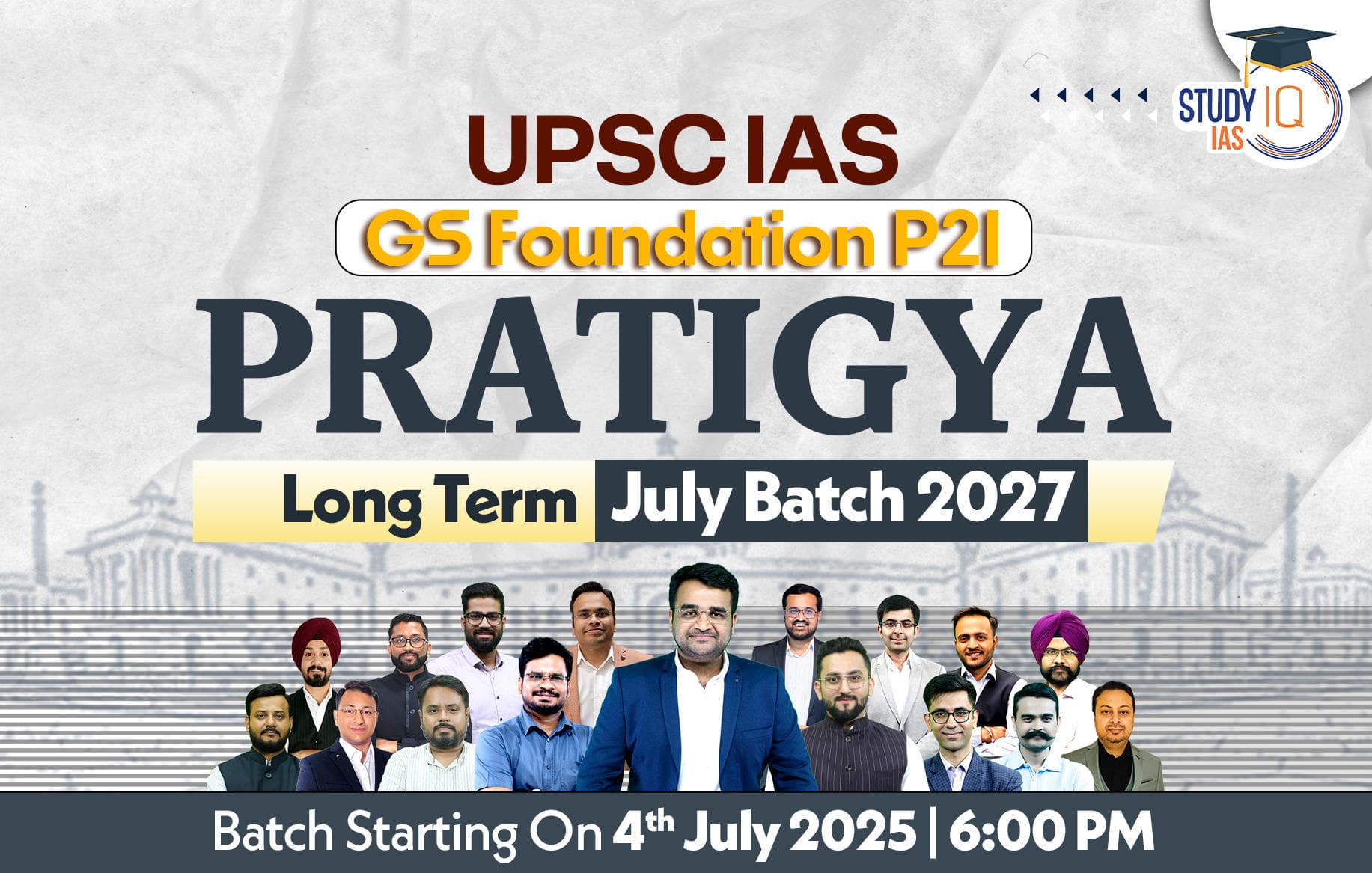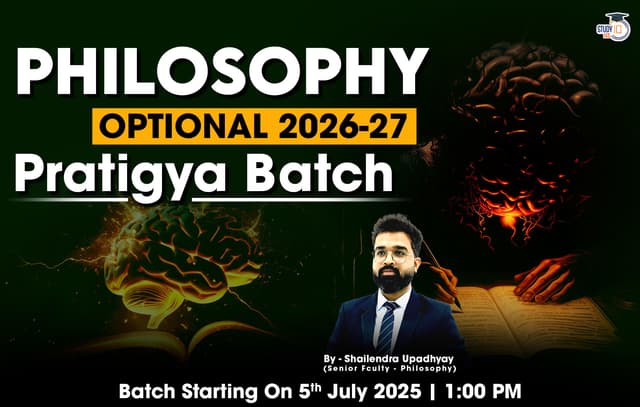Table of Contents
The date for the UPSC Civil Services Examination (CSE) has now be released for the prelims will take place on 25 May 2025. If you are focussing for the UPSC CSE 2025, it is important to plan your study approach carefully. Start early and get to know the full syllabus well. Break your UPSC preparation into three parts: Prelims, Mains, and Interview. Stick to a clear plan to guide you to success. We have provided the best study plan to help you prepare for UPSC CSE 2025.
UPSC Preparation 2025
UPSC Preparation 2025: As the new UPSC Preparation session for 2025 begins, candidates are preparing to tackle India’s toughest exam, the UPSC. The question “How to prepare for UPSC” can cause a lot of stress and anxiety. To succeed, you need a solid plan and a focused mind. The competition is very tough, Therefore, it is important to thoroughly understand each concept.
How to Prepare for UPSC 2025?
Each year, the Civil Services Examination is held by the Union Public Service Commission (UPSC) to choose qualified candidates for the various Group A and Group B civil services of the Government of India. With a pass rate as low as 0.1 percent–0.4 percent, it is one of the most difficult exams in the world. Every year, more than 11.52 lakh candidates apply for the exam, which has 1011 openings. Throughout the entire procedure, which lasts more than a year, a successful candidate takes 32 exam hours.
Even though it is one of the most difficult exams, the UPSC exam can be passed on your first try. If aspirants approach their preparation using the UPSC-specific technique, they can achieve their goals. UPSC CSE 2024 Preparation Strategy has been discussed below.
UPSC CSE 2025 Preparation Strategy
Creating a study plan will help you manage your time effectively and study efficiently to reach your goals. It is important to organize your time, decide when to study, and estimate how much time to spend on each subject. Here is a discussion on the UPSC CSE 2025 preparation strategy:
- Limit your Resources
- Go through Previous Year Papers
- Know Your Syllabus
- Control your emotions while studying Current Affairs
- Make notes of what you study
- Focus on Important events
- Revision is Must
- Practice Answer Writing based on Current Affairs
- Practice Questions on Current Affairs
- Go through important Government Website
Check the 1 Year Plan for UPSC 2025 that has been discussed below:
1-Year Plan for UPSC 2025
Candidates focussing for a career in Indian bureaucracy will find the UPSC 1-year study plan helpful. By following this plan, students can easily prepare for the civil service exams for the Indian Administrative Service (IAS), Indian Police Service (IPS), Indian Foreign Service (IFS), and other services. Check out the UPSC 1 Year Study Plan 2024, which details a 12-month study schedule starting from the Starting phase.
| 1-Year Plan for UPSC 2025 |
|||
| Month | GS-Prelims | GS-Mains | Optional |
| June – August | NCERTs and Basic Standard books – Read everything once | Read books having syllabi similar to Prelims and Mains | Begin preparation of the optional subject |
| September – November | Revise whatever learned from standard books and practice regular mock Prelims tests | Cover remaining Mains syllabus. Start writing answers and practice mock Prelims tests | Revise and keep practicing questions related to optional papers |
| December- February | – | Dedicate time for Mains and do consistent solutions writing and mock tests for Mains | Revision and mock tests |
| March-May | Devote time specifically for Prelims (both CSAT and GS) and do Prelims tests regularly | – | – |
Time Table for UPSC Preparation 2025
A UPSC preparation schedule is essential for candidates. A timetable helps create a routine and prioritize important topics for the UPSC Exam. It helps candidates balance their time between studying and other activities. A typical IAS timetable includes reading, revision, practice exams, leisure activities, and at least 8 hours of sleep. Here is an example of a practical and flexible UPSC preparation timetable.
| Time Table for UPSC Preparation 2025 | |
| Time Allotment | IAS Time Table |
| 6:30 a.m. | Wake-up and freshen |
| 7:00 a.m – 7:30 a.m | Breakfast |
| 7:30 a.m – 8:00 a.m | Exercise |
| 8:00 a.m – 11:00 a.m | Slot 01 of Studies (3 hours) |
| 11:00 a.m – 12:00 noon | Cover Current Affairs |
| 01:00 p.m – 02:00 p.m | Lunch |
| 02:00 p.m – 03:00 p.m | Afternoon Nap |
| 03:00 p.m – 05:00 p.m | Slot 02 of Studies (2 hours) |
| 05:00 p.m – 05:30 p.m | Indulge in any Hobby/Activities/Sports |
| 05:30 p.m – 08:30 p.m | Slot 03 of Studies (3 hours) |
| 08:30 p.m – 09:30 p.m | Dinner |
| 09:30 p.m – 10:00 p.m | Leisure Time |
| 10:00 p.m – 12:00 a.m | Slot 04 of Studies (2 hours) |
| 12:30 a.m | Sleep |
UPSC Preparation 2025 Tips
- Understand the Exam Pattern: Know the stages (Prelims, Mains, Interview), syllabus, and marking scheme.
- Create a Study Plan: Allocate time to each subject based on weightage and your proficiency.
- Refer to Standard Books: Use recommended textbooks and materials for each subject.
- Stay Updated with Current Affairs: Read newspapers, magazines, and online sources regularly.
- Practice Previous Years’ Papers: Understand the exam pattern and improve time management.
- Take Mock Tests and Revise: Assess your preparation level and reinforce understanding.
- Focus on Answer Writing: Practice writing answers within word limits with clarity and coherence.
- Stay Healthy and Manage Stress: Maintain a healthy lifestyle and manage stress through relaxation techniques.
- Stay Consistent and Positive: Commit to your study plan, stay positive, and celebrate milestones.

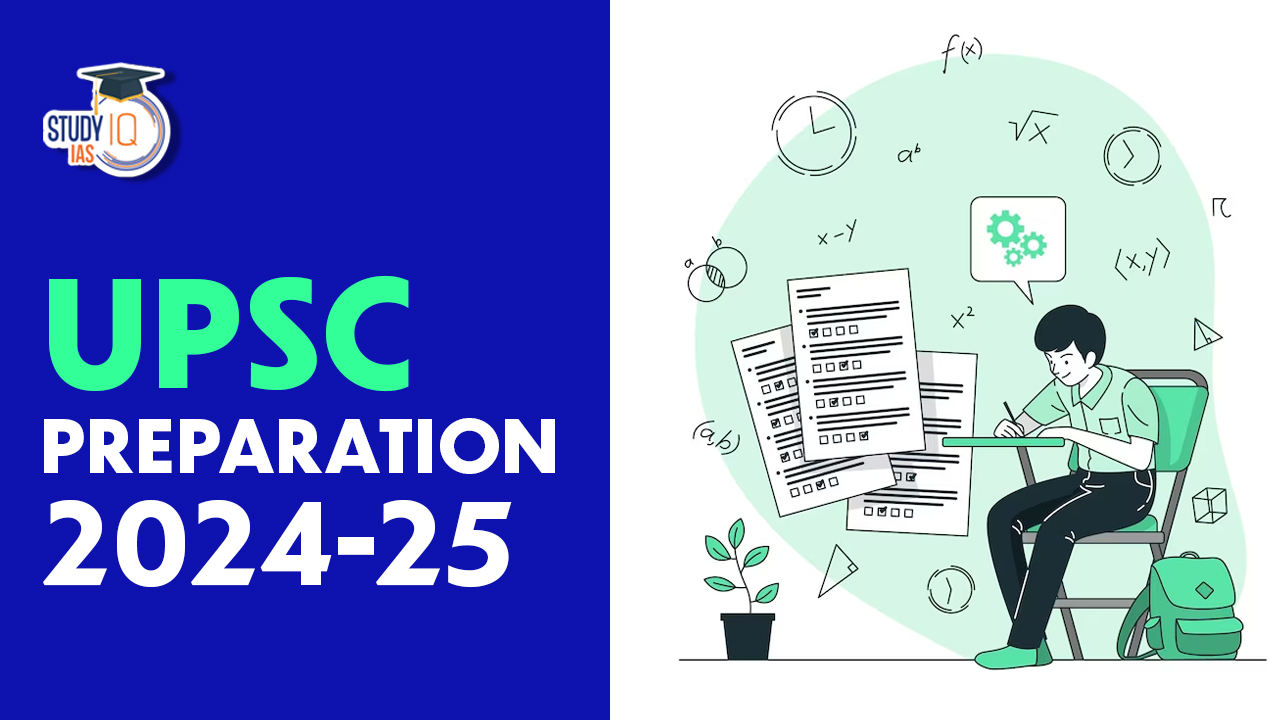
 NATO Countries List 2025, Members, Funct...
NATO Countries List 2025, Members, Funct...
 UPSC Prelims Syllabus 2025 PDF, Check Su...
UPSC Prelims Syllabus 2025 PDF, Check Su...
 UPSC Toppers 2024 Felicitation Program b...
UPSC Toppers 2024 Felicitation Program b...

